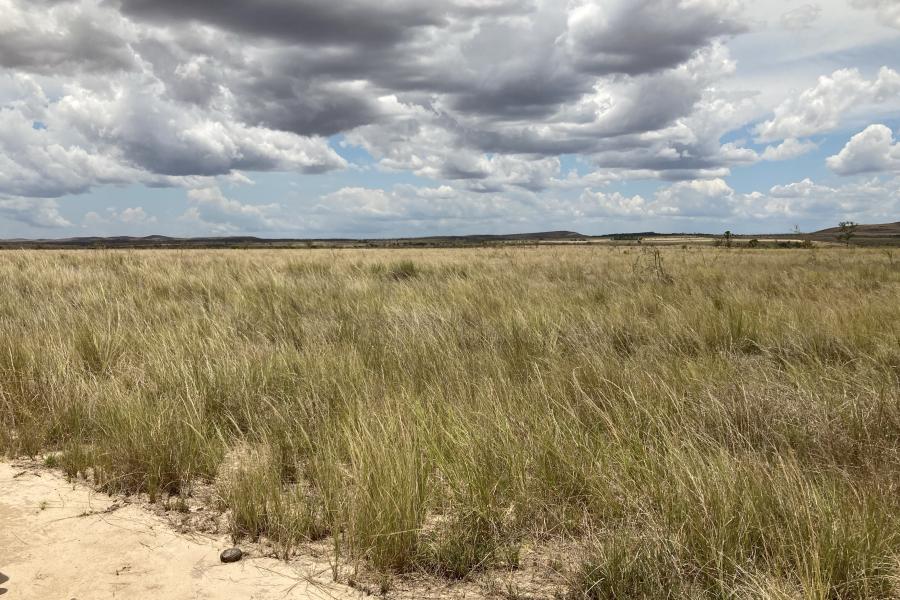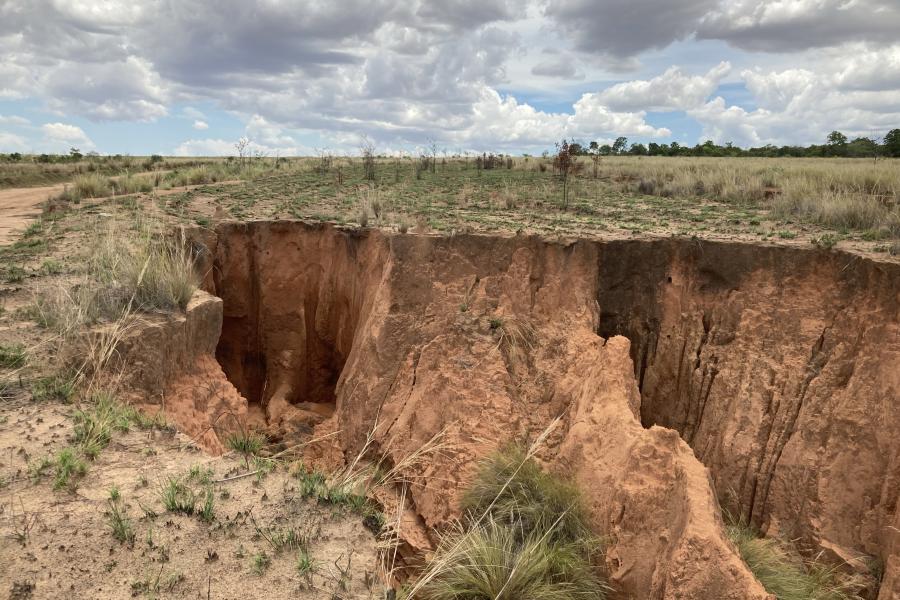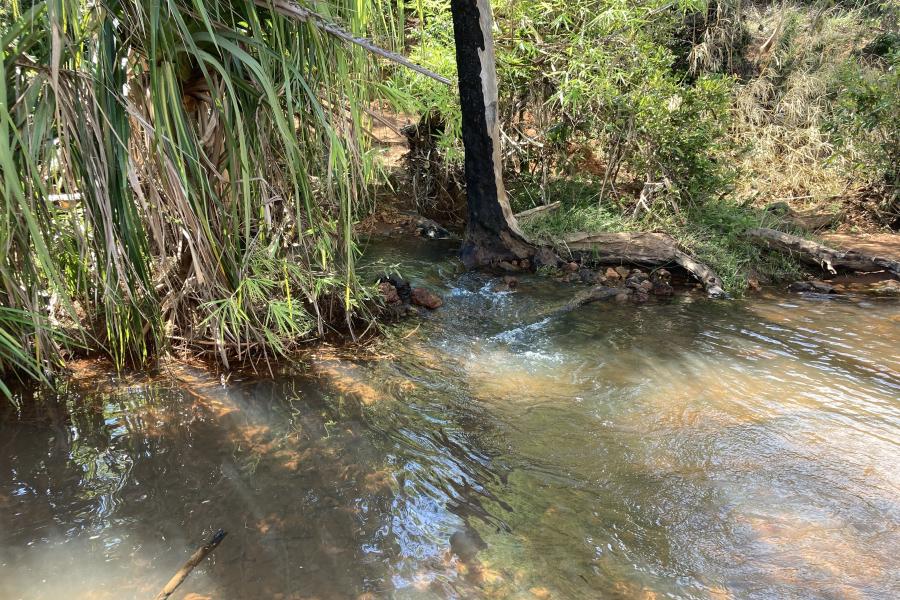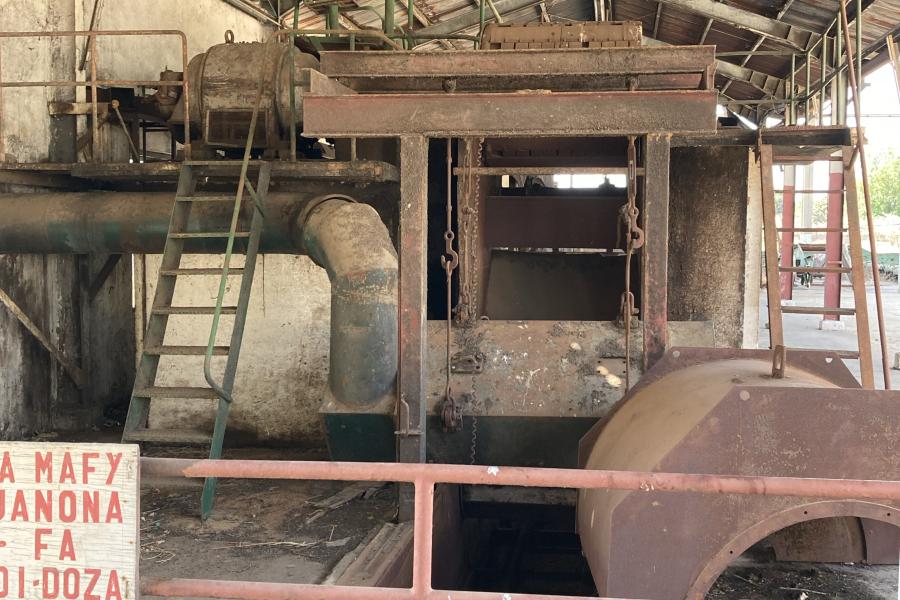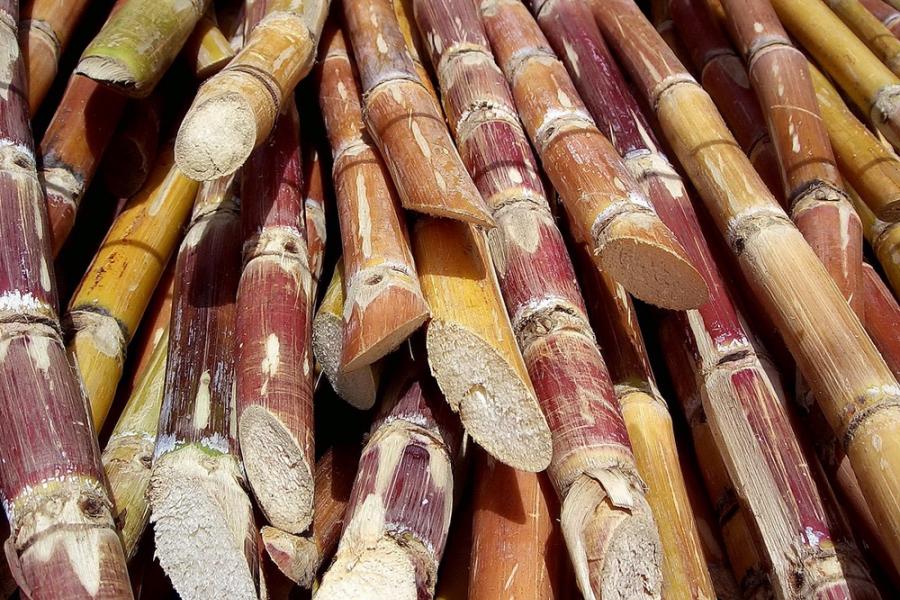
Sugarcane project assessment
A Malagasy consortium in the agri-food industry plans to produce and transform sugarcane at a large-scale site in Madagascar. Expert Farmer had to assess the site's agricultural and water potential to ensure it can meet the sugarcane needs for the client's factory.

Sugarcane project assessment
The proposed venture faces obstacles, including restricted water supply, accelerated soil erosion, and the necessity to assess the land’s aptitude for sugarcane cultivation. Additionally, socio-economic factors and water availability may pose potential hurdles.
Expert Farmer submitted a report concluding that the first site was unsuitable due to irrigation and erosion issues. Consequently, an alternative site was selected that provided optimal conditions for establishing a sugarcane plantation with irrigation.
Due to the COVID-19 pandemic and Madagascar’s strict entry conditions, the study was conducted in two phases. Initially, a comprehensive review was carried out remotely. Once entry became possible, an on-site mission was organized to refine the conclusions.
Remote study
To evaluate the feasibility of the sugarcane project, the initial step was to collect information from the client and supplement it with current data sources. This involved examining past studies on a Jatropha crop project from 2010 to 2016, as well as analyzing the land’s geomorphology and hydrogeology. Our experts in sugarcane farming and hydrogeology were mobilized to provide valuable insights.
We conducted the analysis of the project’s conditions. This included calculating the water requirements for sugarcane cultivation and taking into account the local pedoclimatic environment as water availability was the first concern of the client. The potential of surface water resources was assessed, leveraging data on existing networks with possibilities for direct pumping and storage. Furthermore, the potential for groundwater usage in irrigation was estimated. We also performed crucial appraisal, such as estimating the necessary water flow and the associated infrastructure expenses.
The overall findings and conclusions were positive, albeit with a number of reservations..
On-site study
The project on-site involved a focus on soil quality, existing vegetation, and water conditions. These observations were carefully compared to remote data to ensure their accuracy. It became apparent that the local expertise provided by the client for the performance of the remote study did not fully capture the complexities of the site. This on-site review proved crucial in identifying fundamental challenges, such as the unsuitability of the soil, due to the top-soil structure and erosion, as well as the overestimation of water availability, which had been overlooked during the initial evaluations.
Hopefully, the on-site mobilization allowed to support the client selecting an alternative site. There, examined factors such as soil composition, water availability and climate conditions confirmed the suitability for sugarcane cultivation and its potential to meet the needs of the planned factory.
Are remote studies a good option ?
Remote studies rely on existing datasets that may be outdated or incomplete, which can limit their accuracy. In this particular case, Expert Farmer recommended delaying the project evaluation until Madagascar’s borders were reopened. Although, the client needed a quick review to confirm whether to invest in a second-hand transformation unit he had spotted. Whilst Expert Famer made its best, nonetheless, we adhere to the principle of offering trustworthy guidance. Rather than providing a weak recommendation, we prefer to decline a deal. Top-notch data is necessary for effective recommendations, therefore we advocate for on-site evaluations when feasible and perform remote studies only when we can guarantee the quality of the data.
